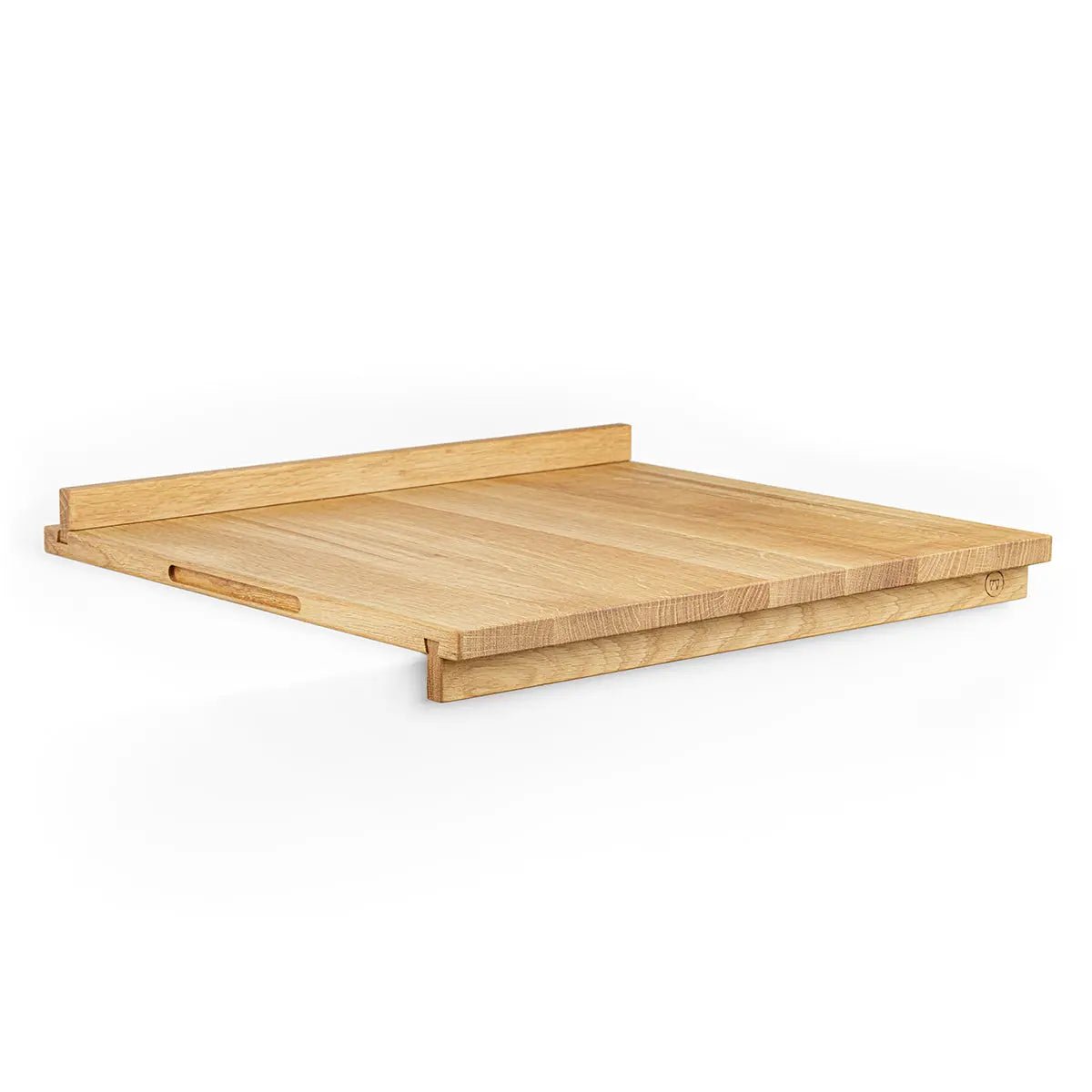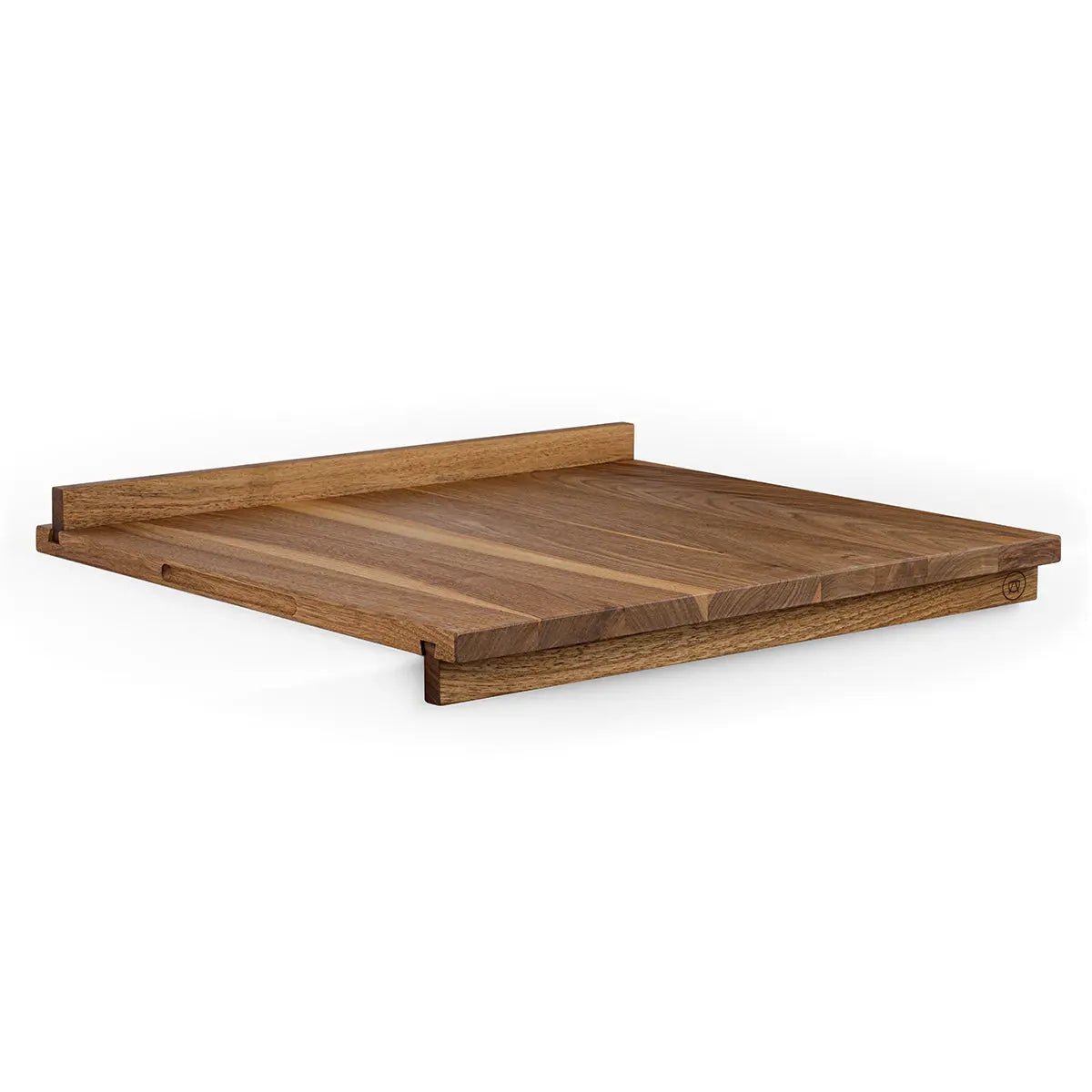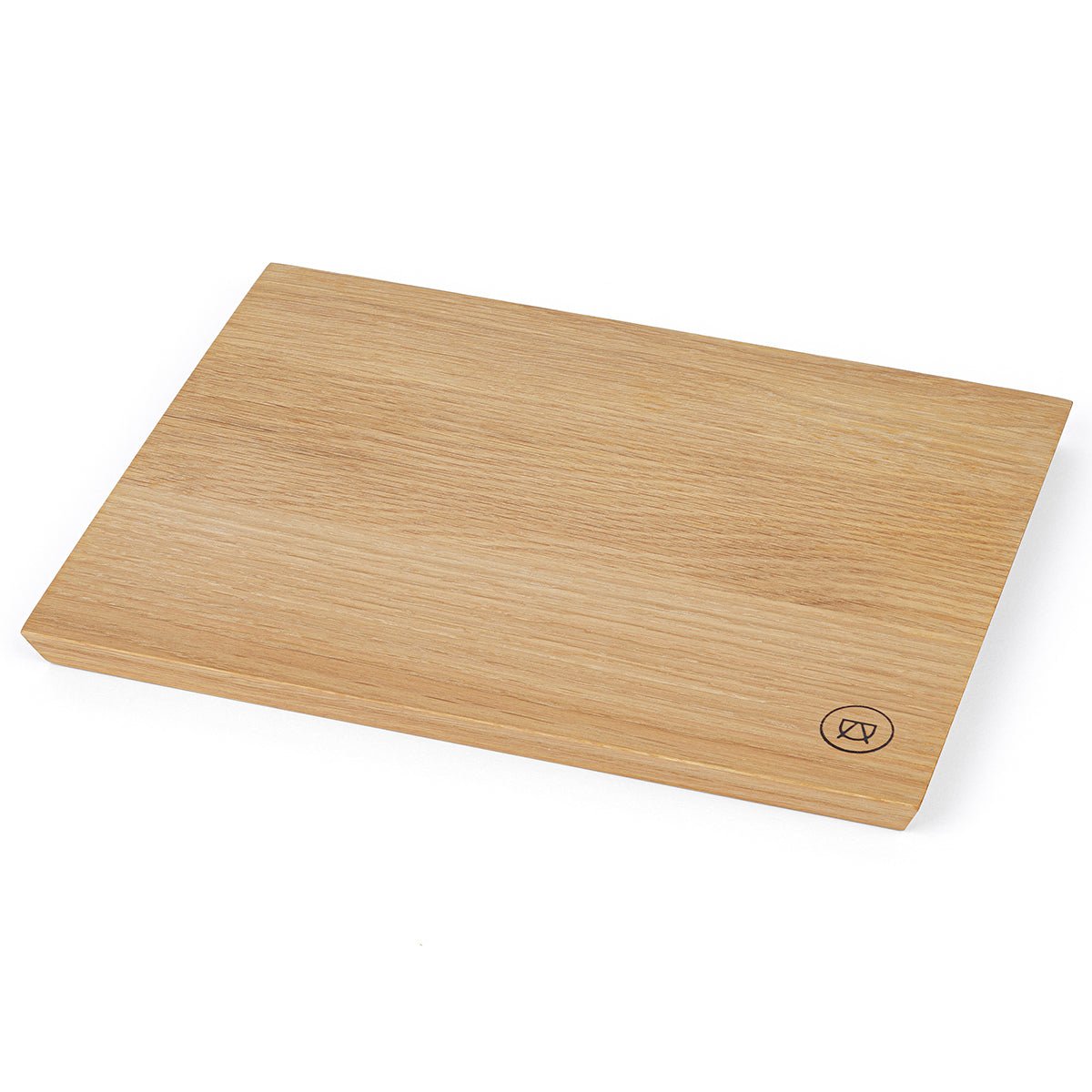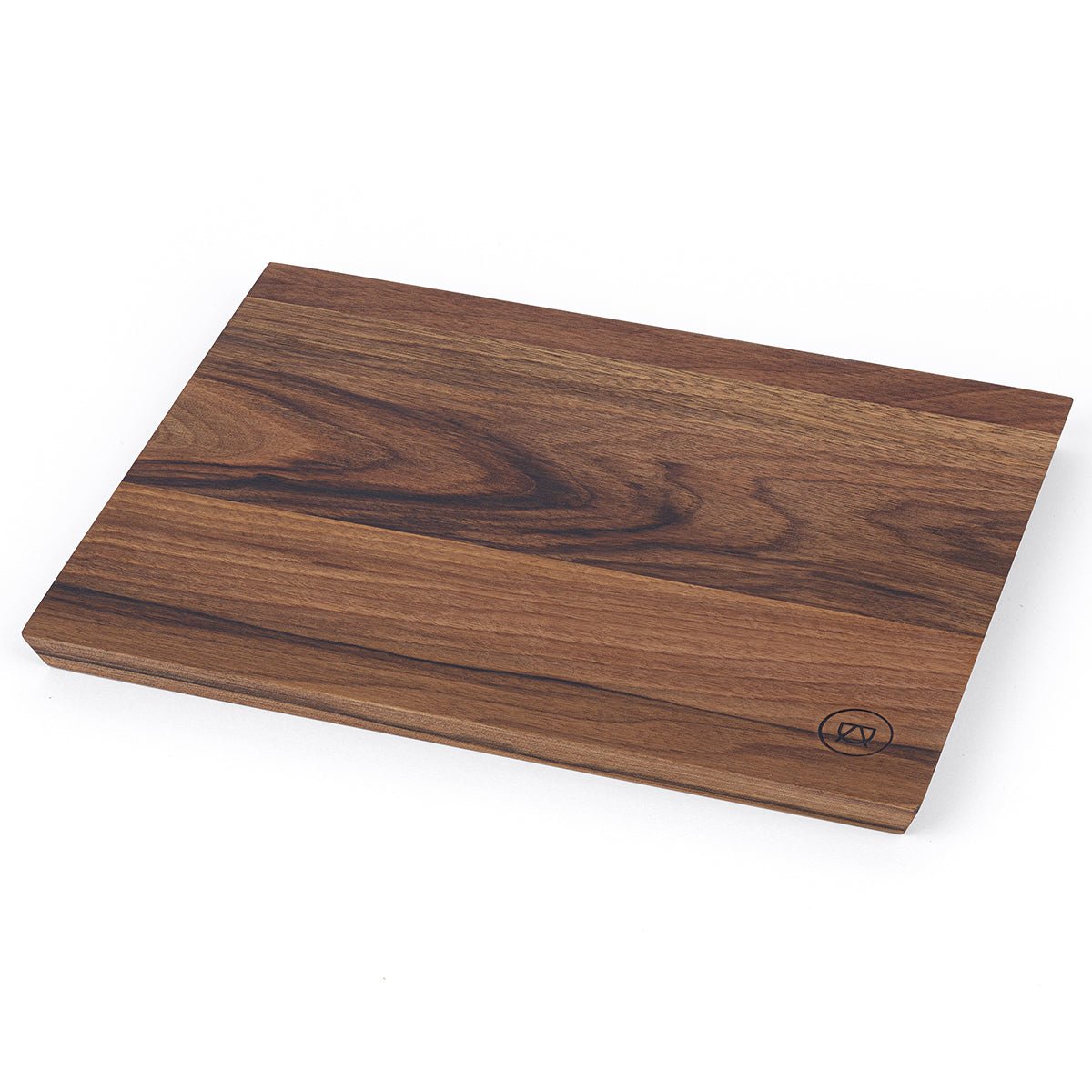- Startseite
- Blogs
- Dictionary
- Tannic acid and tannins
Tannic acid and tannins
There are around 30 different tannins. The fear that tannic acid could be toxic is usually unfounded: it actually works proven to be antioxidant and anti-cancer be. Of course, we only use wood to make our furniture and cutting boards no toxic substances secrete!
What are tannins?
Tannic acid, also called tannins or tannins, is a natural ingredient of wood. It occurs naturally in the bark and wood of some trees. In particular Oak wood has a high proportion of tannic acid, but tannins are also contained in walnut and ash wood. It is about secondary plant substances . These are not vital for plants or trees, but they protect their continued existence. Tannins protect the wearer from predators.
Characteristics of tannins
Tannic acids have There are many positive characteristics that humans have always made use of. However, their original benefit is primarily to their carrier - the plants.
-
Tannins offer protection against pests
The taste when consumed becomes bitter due to the tannic acid, which causes a furry taste in the mouth. The tree defends itself thanks to the tannic acid against pest infestation . At the same time, tannins are “anti-nutrients”: they have an appetite-suppressing effect and reduce the absorption of nutrients. Fruits containing tannins are therefore eaten less often by animals, which is definitely in the plant's interest. Also the oak, for which its bark is one protective cover essential for survival protects itself from hungry game.
-
Preservative and antibacterial effect of tannins
You may be wondering where the name tannin actually comes from. Oak or birch bark was previously used to tan leather. Tannins accelerate this Breakdown of protein in animal skins and ensure that water is displaced more quickly from the cell structures. At the same time they have one antibacterial and antiviral effect, which makes leather and fur - which would otherwise rot as organic materials - durable.
-
Tannins make wood durable
These properties are also advantageous when using wood. Oak beams are like that Resistant , for example, they can function as bridge pillars for many centuries, even in water. Solid wood furniture is natural Protected against pests , as woodworms or beetles attack them less. The long durability of oak wood is only partly due to the hardness of the wood - the tannins also play their part. This also applies to products that come into contact with food natural antibacterial effect very helpful: Wooden cutting boards Much more hygienic than plastic boards, which are often covered in germs. The germ-killing effect of wooden boards remains even after washing.
-
Chemical reactions in wood
If you wipe oak parquet too wet, dark edges can appear on the wiping cloth. A metal can leaves an ugly ring on the oak table top if it is not dry, for example. And the damp tea bag that we carelessly left on the kitchen countertop causes a brown stain. This is not dirt - this Coloring is caused by tannins . Tannins react particularly intensively with iron: the result is called gall ink, which was previously used as a forgery-proof coloring for documents. However, the formation of stains is only to be expected if moisture is involved. Tannic acid reacts with various materials - however exclusively in connection with moisture .
What to do about tannic acid stains?
Of course, it can always happen that you don't think about the reactivity of the tannins when you put something damp on the wood. If the real wood parquet or the oak furniture gets stains, these are usually undesirable. Special cleaning products or sprays with the active ingredient oxalic acid then provide relief. A gentler way without chemicals is to wipe with a damp cloth Wood soap – which also means gentle cleaning of oak parquet and solid wood furniture, even apart from stain problems. If it's local discoloration, it helps careful sanding with fine sandpaper and subsequent oiling. You can also find tips on this in our Housing Guide .
Surface protection for wood
The general rule: Well-protected wood is more resistant to stains than untreated wood . The surface of solid wood furniture is optimally protected when it is finished with natural oil. In order to keep the effect of the oil at its optimal level, you can re-oil it about once a year. This keeps the wood supple and stain-free.
HÄUFIG GESTELLTE FRAGEN
- Which wood contains tannic acid?
Oak wood in particular contains a high proportion of tannic acid. Tannic acid is found in some woods, particularly in the heartwood. Tannic acid has an antibacterial effect and makes the wood durable by protecting it from pests.
- Is tannic acid dangerous?
The tannic acid contained in wood is not dangerous, it even has an antibacterial and even antiviral effect. This makes wood a very hygienic raw material. Oak wood in particular contains a high proportion of tannic acid. That's why the wood is ideal for cutting boards, where the effect of tannic acid is put to good use. However, unripe acorns in particular are poisonous and must not be consumed.
WEITERE ARTIKEL
Service
Seek
Contact
Terms of Service
Dictionary
Types of wood
Housing guide
Imprint
data protection
Right of withdrawal
Delivery Terms
Conditions
About Us
Press
Our Philosophy
Store in Munich
Einzelhandel
Dropshipping
OEM
Affiliates
Marketingkooperationen
Contact us
About Us
Craftsmanship and design combine in our factory. Our wooden products, from furniture to accessories, stand for quality and tradition. Customers receive aesthetically pleasing pieces that promise durability and value. Every product is a testament to our dedication.




